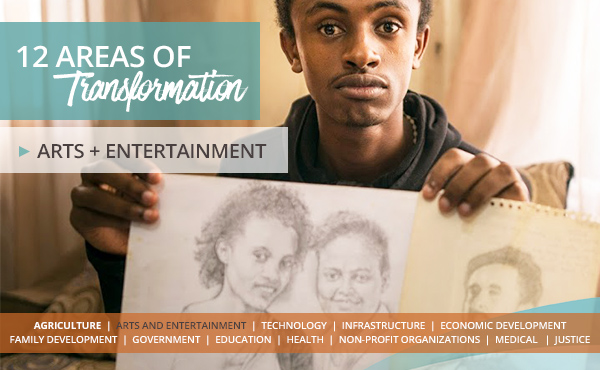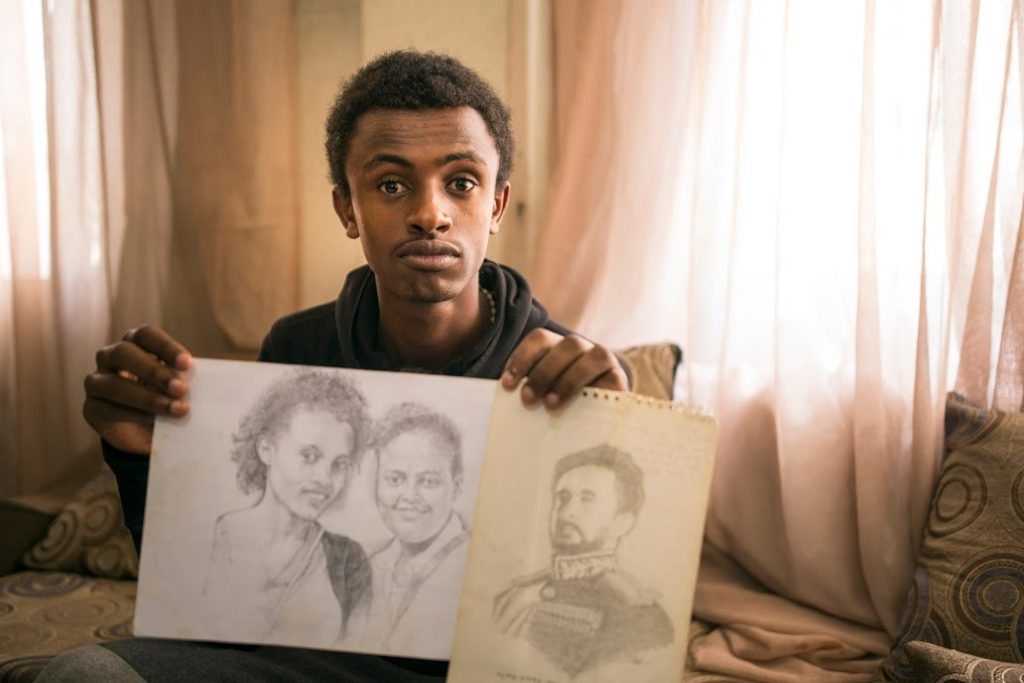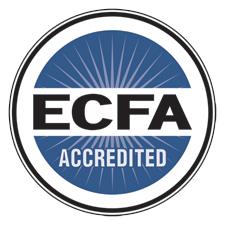Welcome to the second blog in our series, “The 12 Areas of Community Transformation.” Over the course of this year we are answering the question, “How is HopeChest different from other leading child sponsorship organizations?” Today’s blog is about the second of these 12 areas of primary community transformation.
Arts and Recreation
In the beginning, God created…
At times, we may overlook the very creative nature of God. God is the original Creator. He can start with nothing and create something. We are created in His image to be created creators. God wants us to be like Him and has built within humans the ability to design and develop everything from ideas in literature to the ability to put a person into outer space.
How much more does He want us to find creative solutions to the issues we encounter in society? God has embedded resources and the means for communities to sustain themselves and to create solutions for the lives of those within them, as well.
Madeleine L’Engle describes the gift of using our creativity in her book, “Walking on Water.”
“But unless we are creators we are not fully alive. What do I mean by creators? Not only artists, whose acts of creation are the obvious ones of working with paint or clay or words. Creativity is a way of living life, no matter our vocation or how we earn our living. Creativity is not limited to the arts, or having some kind of important career.”
To echo L’Engle, creativity is a way of living life, and we constantly see the innovation and creativity of our in-country staff and local leaders when it comes to solving societal challenges.
The Bible also tells us that God rejoices and has reason to share that joy with us. We are to use our creativity not only to sustain ourselves but to also find reasons to enjoy life. The arts and entertainment are many-faceted. For some it is to create media that expresses ideas and concepts worthy of deeper thought and consideration. For others, it may be lighter hearted and relaxing. Still, for others it may actually be therapeutic.
Three Ways that Art and Recreation
Contribute to a Sustainable Community
1) Growth of Income
One of the many beneficial programs offered through our partnership with Moldova includes the Psychological Art Studio (PAS). This program is designed to enhance the psycho-emotional, mental, and social wellbeing of people struggling with pain, fears, depression, and other consequences of traumatic experiences. Through art-therapy, PAS seeks to help people find hope and strength while experiencing weakness and pain, cope with challenging life experiences and find their way to deal with them. After the participants create their art, they have the option to sell their crafts through Art Story, an income-generating shop for the women and their CarePoint.
Similarly, in Swaziland, a project was established to help teenage mothers in the community create handcrafted products to generate income. This project helps the young mothers financially by teaching them how to make products that they can sell, but it also creates a safe place for them to build strong relationships with other girls and to be discipled by a CarePoint leader. It is common for young girls who get pregnant to leave their children behind with their grandparents. This handcraft project at the CarePoint helps the girls by teaching them skills to stand up under the financial and emotional pressures that they face and take family responsibility.
Programs like these in Swaziland and Moldova help break the cycle of poverty that individuals fall into through creating art within circles of psychological and emotional support.
2) Mentorship and Healthy Relationships
Many of our CarePoints have a sports ministry, which has been established to provide mentorship and leadership for children who otherwise have lost their parents or don’t have healthy adult role models in their lives. In the sports groups created at CarePoints, children gain someone who spends time getting to know them, prays with them, and encourages them to use their talents and abilities for God. The children also learn the skills of teamwork and have the opportunity to build healthy relationships with other children their age who have grown up with similar life experiences. These sports ministries provide a practical field on which the children learn skills such as how to compete in a healthy way, respect your competitor, deal with victories and defeats, and how to develop a healthy self-image.
3) Bringing Communities Together
Arts and recreation create reasons for individuals to break barriers between communities and experience healing and deepening relationships. In Russia, children living at the orphanages we serve often put together plays and performances for their North American friends to celebrate their visit to the orphanage or Ministry Center. Putting on these plays is a way for the Russian children to share their culture, express their creativity, and build their public speaking skills.
Last year Swaziland held a choir competition for all of the children who attend the CarePoints. This competition brought children together at their CarePoints as they cheered on one another and traveled to compete. Additionally, when children and young adults travel for competitions, they have the chance to meet and build relationships with people they, otherwise, would have never had the opportunity to meet!
At many of our CarePoints, it is necessary to begin at the “survive” stage of meeting critical needs. However, when we can begin to develop them in areas of arts and recreation, we begin to see their lives transition from surviving to thriving and succeeding in life. HopeChest’s in-country staff do a remarkable job of helping the children and young adults we serve to recognize and cultivate their ability to create. This is yet another example of how working to bring change in a sector of society can help to produce the long-term effect of community transformation and the transformation of individual lives.
We’re grateful for those who have joined us in this process and want to encourage others to experience the joy of watching children and communities be transformed.
___________________________________________

This blog is part of our new, educational series that answers the question, “How are you different from other leading child sponsorship organizations?” Over the course of the year we are going in depth about how your support impacts entire communities in 12 unique areas of transformation. If you don’t want to miss one of the blogs in our “The 12 Areas of Community Transformation” series, subscribe to our blog, HopeChest Insights, here!





